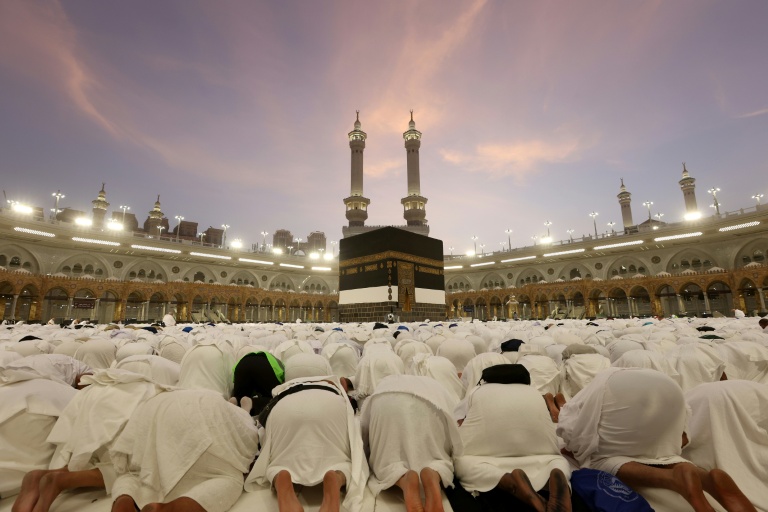Saudi Arabia has appointed a conservative cleric in his nineties as its top religious leader, state media said, sticking with tradition even as rapid social changes upend the previously cloistered kingdom.
Sheikh Saleh bin Fawzan bin Abdullah Al-Fawzan was named the grand mufti of Saudi Arabia by royal decree, the official SPA news agency reported late on Wednesday.
Fawzan, who has made controversial comments on child marriage and minority Shiite Muslims, succeeds the conservative Abdulaziz al-Sheikh, who died in September after more than 20 years in the role.
In 2011, Fawzan publicly opposed a minimum age for marriage, after the justice ministry moved to stamp out the practice of marrying off pre-pubescent girls.
In 2017, Human Rights Watch cited the Sunni cleric as calling Shiite Muslims “brothers of Satan” in a recorded question-and-answer session.
He was appointed on the recommendation of Crown Prince Mohammed bin Salman, the de facto Saudi ruler who has ushered in sweeping reforms in a bid to diversify the economy of the world’s biggest oil exporter.
Saudi Arabia is the birthplace of Islam and is home to its holiest sites, including the Kaaba at Mecca’s Grand Mosque — the black cubic structure that Muslims worldwide pray towards each day.
However, the deeply conservative kingdom has sought to modernise since Prince Mohammed was appointed heir to the throne by his father King Salman, now 89, in 2017.
Under his direction, the power of Saudi Arabia’s influential clerics has diminished and the once-feared morality police have been muzzled.
Many women now forgo veils and head-coverings in urban centres, non-Muslim tourists are allowed, and since 2018, women can legally drive.
Despite these changes, in a country where 69 percent of the Saudi population is aged under 35, Fawzan’s nomination is not surprising, said Umar Karim, a Saudi policy expert at the University of Birmingham in England.
It is in line with “the established Saudi religious policy of selecting the most senior and well respected alim (religious scholar) within the council as the successor”, Karim told AFP.
“While the social atmosphere has changed and is changing, the modalities of the religious field and its workings remain the same,” he added.
“The revolutionary changes which have defined Saudi statecraft of past several years don’t impinge upon the hierarchy of religious establishment even if its composition has been altered slowly,” Karim said.
ht-aya/th/adp

